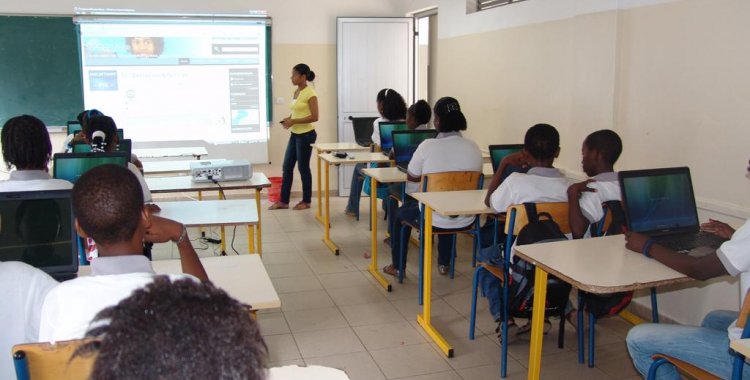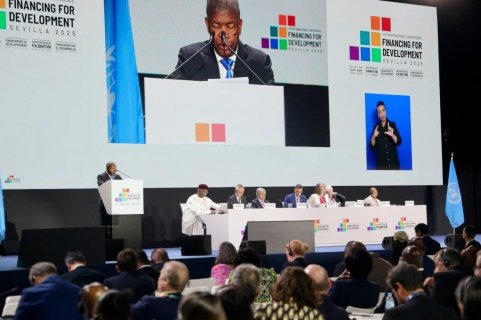The president of ANEP, António Pacavira, reacted, in a statement to the Lusa agency, to the government's measure suspending the collection of fees in all public, public-private and private educational institutions, which, until June, were authorized to collect 60 per cent of the fees, underlining that the only source of funding that the private have are the guardians, which takes place within a legal relationship of private entities, namely parents and schools, with the State being only the regulator.
According to António Pacavira, with this measure, the State ends the legal relationship, which until three months ago it defended. Without consulting the partners and without prior notice, it went ahead, the State retreated and decreed a ban on the payment of tuition fees, thereby "decreing the end of private institutions".
"Because we do not have state funding, but we are funded by parents, through the contract for educational services, which exists between two private entities, as anywhere in the world," he said.
He said the institutions were providing a service, "and even with a certain quality", online, "as is happening all over the world.
"For those who don't have the remote system, we were providing, offline, material to the parents, who came to collect it from the schools, took it home, the kids worked, corrected the notebooks, sent it back anyway, there was an active pedagogy, (which) pulled the kids out of inertia, occupied them, gave them perspectives and hope that one day they would return to school", he stressed.
António Pacavira stressed that it is ANEP's position that there should be no classes in person, because there is no security of the health system in Angola and there is full awareness of this. "However, we cannot exclude the boys from being in a globalised world, we cannot force them to go back to the first half of the 20th century, because their world is the 21st century, it's technology," he said, pointing out that 75 percent of schoolchildren or their parents, in this case, either have a 'smartphone' or a computer or an 'iPad' and their parents invested in data.
According to António Pacavira, on Friday institutions began sending messages to parents cancelling online services, but since the announcement there have been many messages of solidarity from parents to keep the service going.
"If the State allows us to go ahead with online tutoring services, we will not charge as if it were a tuition fee, we will charge a minimum service, so that we can give a bonus to the teacher", said the responsible, advising that this proposal has already been sent to the Government and they are waiting for a statement from the authorities. "This is to satisfy, safeguard, the level of learning that the kids have already acquired", he added.
A press conference is scheduled for next week, said the president of ANEP, to declare redundancies. The sector employs around 198,000 workers.
As for the cancellation of the school year, António Pacavira considered that if classes started in September, as some defend, it would only be 84 school days, which would decrease to less than 70 days, until December, if they still started after September, which "technically is a lost year".
According to the president of ANEP, one cannot look at the situation in the short term, that is, only for the academic year 2020, because the enrolment period for the following year runs from December to January, with only six months left.
"As the criterion in Angola to define the pandemic is quantitative, it is by the number of cases, and not qualitative, unfortunately, we will continue to be affected, the graph will grow and then we run the risk of losing two school years in eight months," he said.
By way of reflection, the responsible questioned whether it pleases parents that their children lose two school years: "It is not that parents should also pressure the government to find a plan B, with classes outside the school, as is happening in the world context," he said.







